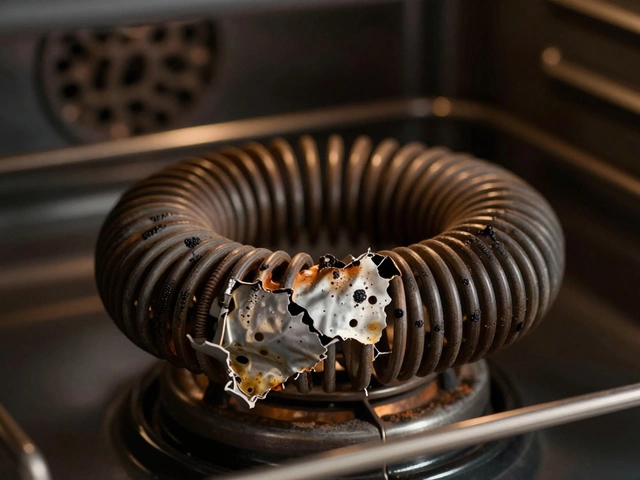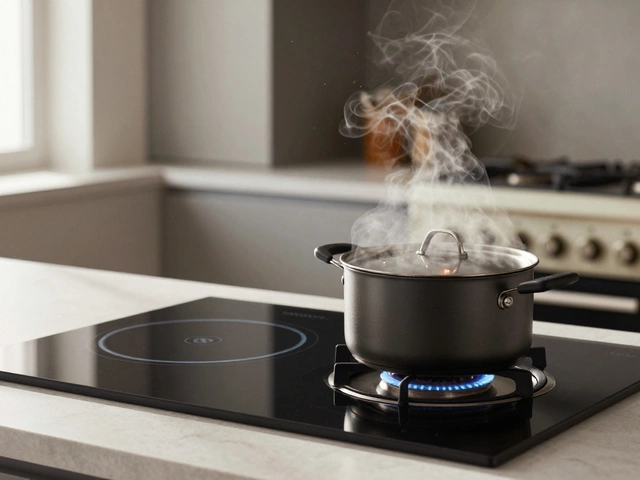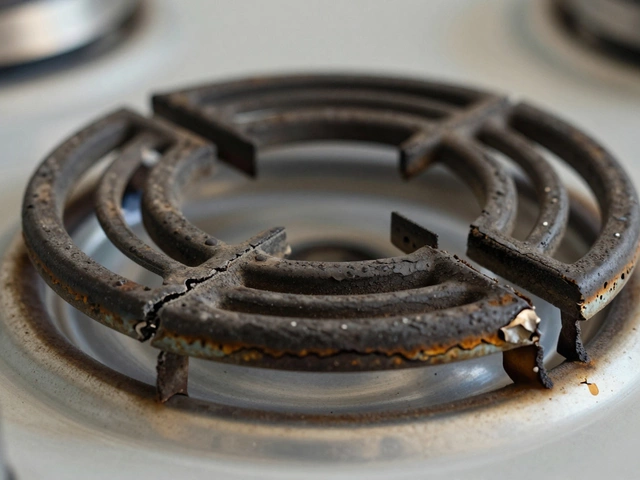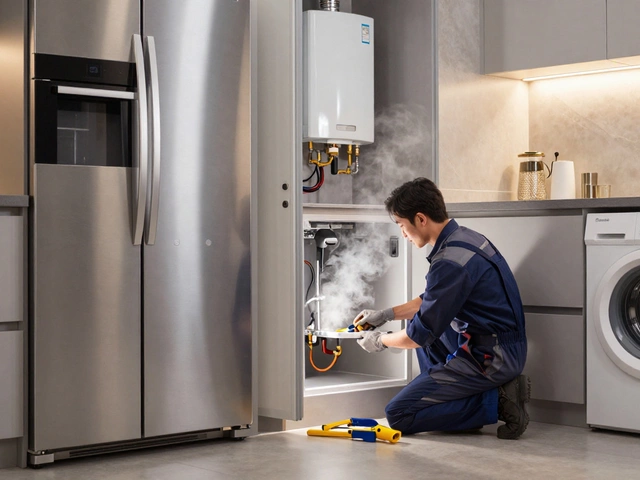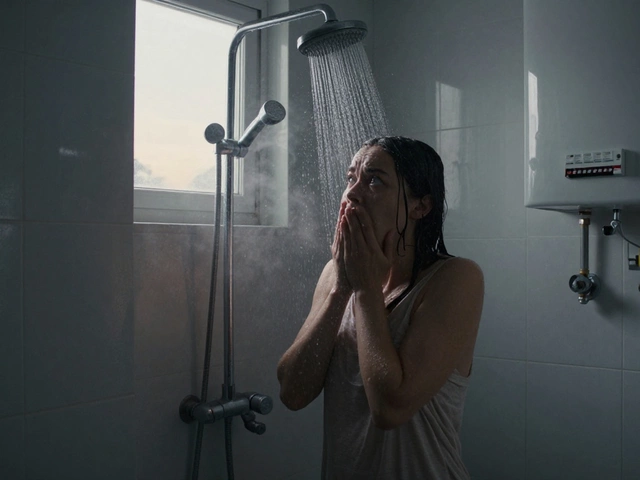Freezer Care: Simple Steps to Keep It Working
When your freezer suddenly stops freezing, the first reaction is usually panic. Luckily, most issues are easy to spot and fix. Below you’ll find practical advice that saves money and avoids the hassle of calling a technician.
Start by listening to the freezer. A humming sound means the compressor is on; silence could signal a power issue. Check that the plug is secure and the circuit breaker isn’t tripped. If the freezer still won’t run, move on to the next checks.
Common Freezer Problems and Quick Fixes
**Frost buildup** is a classic culprit. Too much ice blocks airflow and makes the freezer work harder. Defrost it manually by unplugging, removing food, and leaving the door open for a few hours. Once the ice melts, clean the interior with a mild soap solution and dry it thoroughly before restarting.
**Dirty condenser coils** also cause poor cooling. Over time dust and pet hair settle on the coils located at the back or beneath the unit. Use a vacuum brush or a soft cloth to clear them every six months. This simple step can improve efficiency by up to 30%.
**Improper door seal** lets warm air slip in. Close the freezer and feel around the gasket for any gaps. A piece of paper should stay in place when the door is shut. If it slides out, the seal may need cleaning with warm soapy water or replacement.
Preventive Maintenance Routine
Make a quick weekly habit: check the temperature setting. Ideal freezer temperature is –18°C (0°F). If it’s higher, lower the dial and give the unit a few hours to adjust. Also, keep the freezer organized—crowded shelves restrict airflow and force the motor to work harder.
Every few months, take a look at the **drain line**. A blocked drain can cause water to pool and eventually freeze, leading to frost buildup. Clear any debris with a pipe cleaner or a bit of warm water poured through the line.
Finally, plan for a **seasonal deep clean**. Empty the freezer, wipe shelves, and inspect the light bulb. A burnt‑out bulb doesn’t affect cooling but makes it harder to see spoilage, which can lead to food waste.
By following these simple checks, you’ll catch most problems before they turn into costly repairs. Remember, a well‑maintained freezer runs quieter, uses less electricity, and keeps your food safe longer.
If after all these steps the freezer still won’t freeze, it’s time to call a professional. Issues like a failed compressor or refrigerant leak need expert handling. But for the majority of hiccups, a little care goes a long way.
8 March 2025
·
0 Comments
Wondering how long a freezer typically lasts? This article explores the average life expectancy of freezers and shares practical tips for extending their lifespan. From understanding common issues to easy maintenance tricks, learn how to keep your freezer running efficiently. Discover interesting facts and tackle minor problems yourself to save costs on repairs. Keep your food preservation worries at bay with expert insights.
Read more


